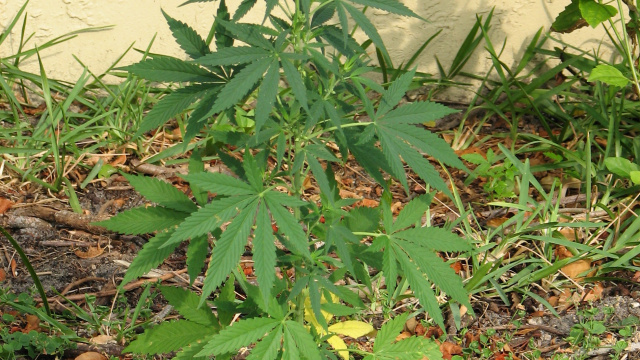 Federal Government Seeking To Uphold MMAR Provisions
Federal Government Seeking To Uphold MMAR Provisions
Ontario’s top court is hearing an appeal of a ruling that struck down key provisions of the law governing access to marijuana for medical use.
In asking that the decision be set aside, the federal government will rely on what it argues is a series of “palpable and overriding errors” by Superior Court Justice Donald Taliano, who last year stayed a production charge against Toronto marijuana activist Matthew Mernagh.
The appeal, scheduled to begin on May 7, is the latest legal battle over the federal government’s medical marijuana scheme, aspects of which have been ruled unconstitutional by courts a number of times over the past decade. The Canadian Civil Liberties Association, the B.C. Civil Liberties Association and a coalition of groups representing people who are HIV-positive have been granted intervener status by the Court of Appeal in R v. Mernagh.
In his decision, Justice Taliano accepted Mernagh’s contention that the federal Marihuana Medical Access Regulations ( MMAR ) made it too difficult for patients in need to access the drug. The Superior Court judge simultaneously struck down the regulations and the associated prohibitions against marijuana production and possession in the Controlled Drugs and Substances Act-although the declaration of invalidity has been put on hold, while the case is before the Court of Appeal.
“The combined effect of the CDSA and the MMAR is to make sick people sicker,” said Toronto lawyer Paul Lewin, who represents Mernagh.
The federal Crown meanwhile, is arguing that the findings of Justice Taliano lacked an evidentiary foundation. “He relied on inadmissible evidence, misapprehended the legal effect of amendments that were made to the MMAR, substituted his own opinions for those of the treating physicians, and engaged in speculation,” says Crown attorney Croft Michaelson, in written arguments filed with the court.
“There was simply no basis to conclude that medical practitioners in Canada had acted in any manner other than the best interests of their patient,” he adds.
The MMAR requires applicants to obtain a signed declaration from a doctor, before they can receive government authorization for medical use.
After a constitutional challenge to the scheme in 2003, certain conditions in the MMAR were relaxed so that doctors were no longer required to recommend a daily dosage of marijuana for patients or indicate that the benefits of such a treatment outweighed the risks.
But Mernagh - who uses marijuana to treat his symptoms from fibromyalgia, scoliosis and seizures - argued in court that the revised regulations remain illusory, saying he has been unable to find any doctor willing to sign a medical marijuana declaration. He was therefore precluded from accessing the drug legally, Mernagh argues.
Justice Taliano noted: “The physicians of Canada have massively boycotted the MMAR and their overwhelming refusal to participate in the medicinal marihuana program completely undermines the effectiveness of the program.”
The Crown says the judge erred on a number of fronts, citing no evidence of a “massive boycott.” It stated that between 1998 and 2010, the annual number of doctors who signed medical marijuana declarations rose to more than 2,000 from fewer than 10.
The judge’s suggestion that physicians were failing to meet the legitimate demands for medical marijuana was additionally problematic, Michaelson wrote, because there was no evidence adduced at trial to determine how many Canadians had a valid medical need for the drug.
“The Charter does not mandate that physicians rubber-stamp their patients’ treatment preferences,” the factum states, noting that the only way to ensure marijuana is restricted to those with valid medical needs, is to require a doctor’s declaration.
Lewin disagrees. He suggested the current regulatory framework simply encourages “doctor-shopping” among desperate patients.
“The doctors made it abundantly clear they are not knowledgeable with this unapproved plant therapy,” said Lewin. “They’re not comfortable dealing with the potential legal repercussions.”
“The doctor-as-gatekeeper idea has been a bad fit from day one…and from day one the government has denied there was a problem,” Lewin’s responding factum states, noting some doctors became “hostile” or discontinued treatment when patients requested a marijuana declaration.
There are other ways to regulate marijuana use, such as creating a registry of doctors educated about marijuana where patients can turn for a prescription, Lewin suggested.
Source: Lawyers Weekly, The (Canada)
Copyright: 2012 LexisNexis Canada Inc.
Contact: [email protected]
Website: http://www.lawyersweekly.ca/
Author: Megan O’Toole



Leave a Reply